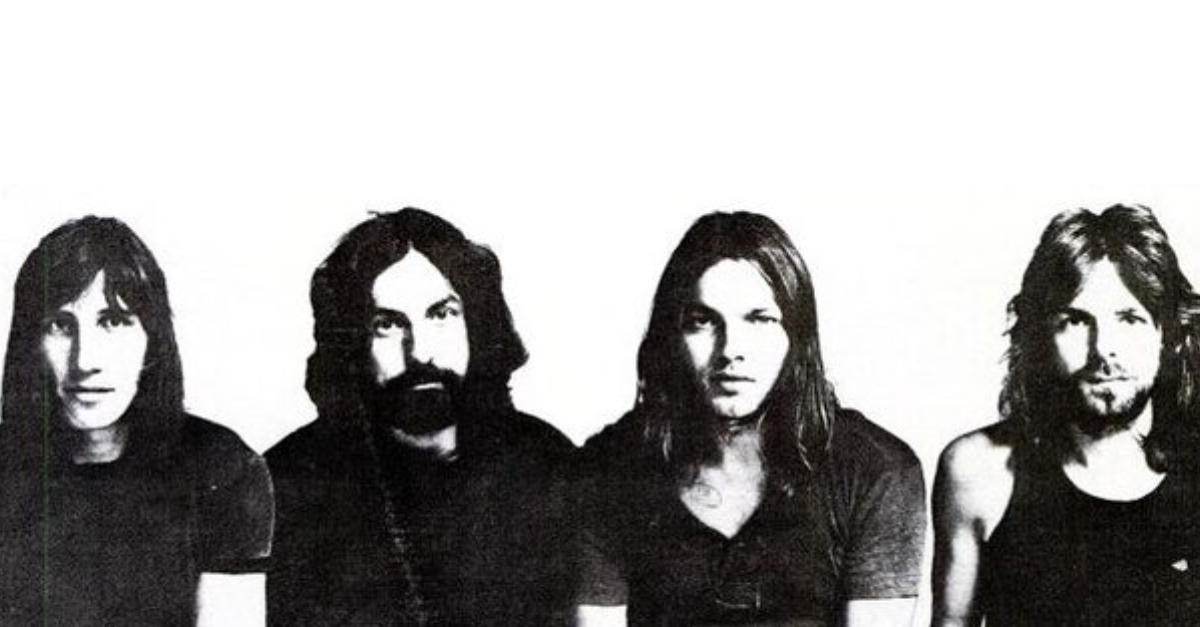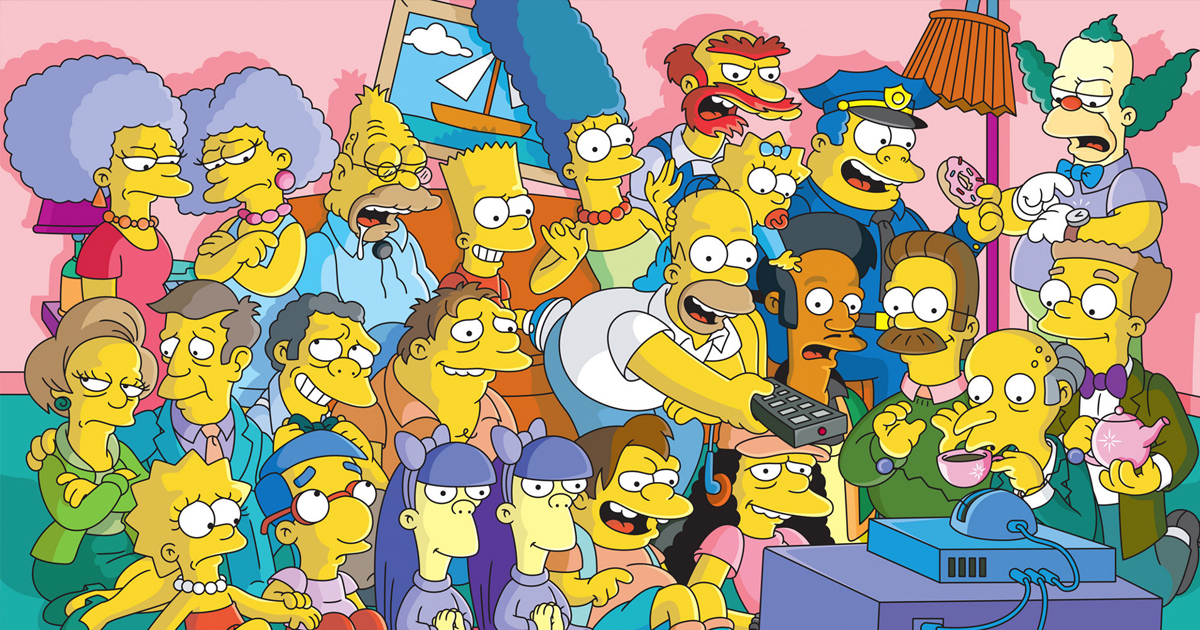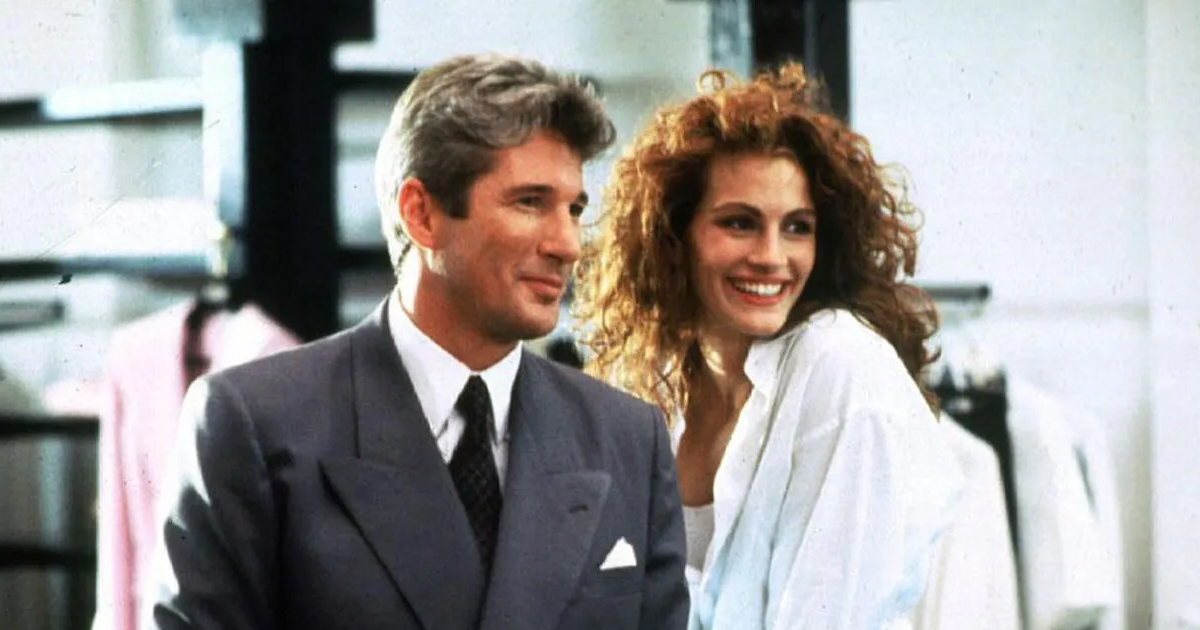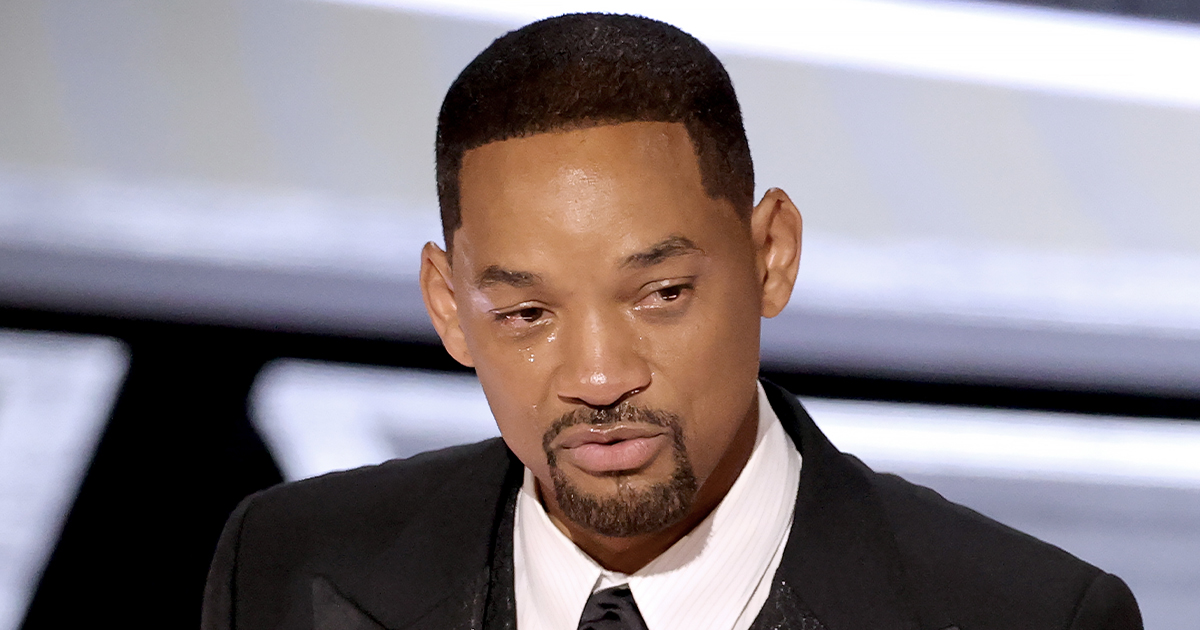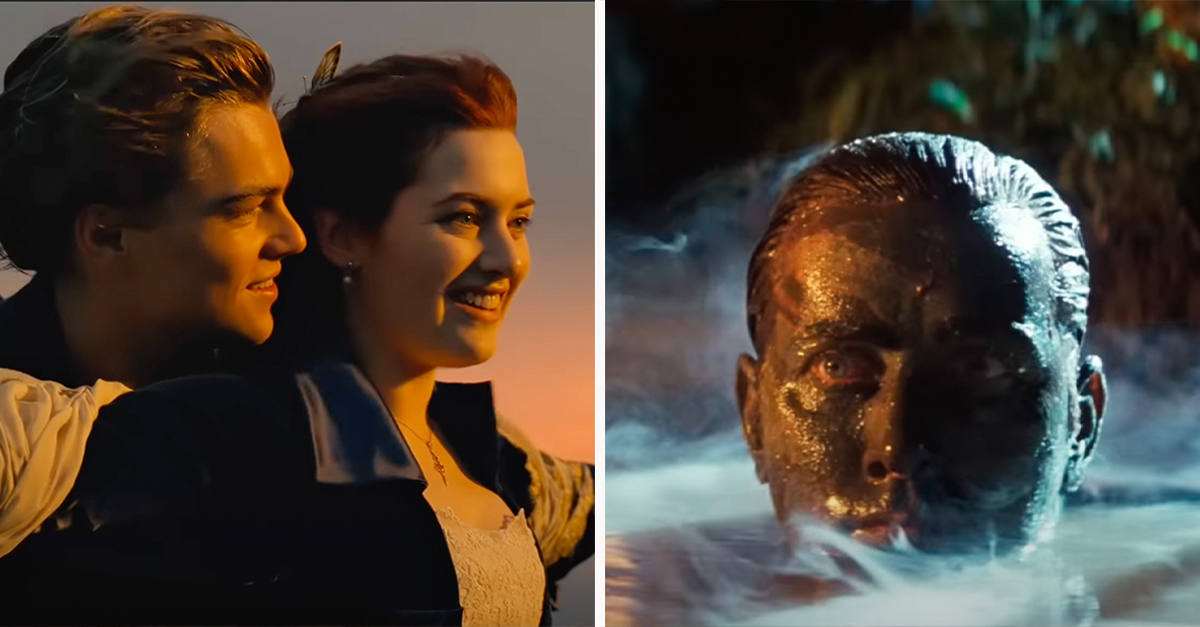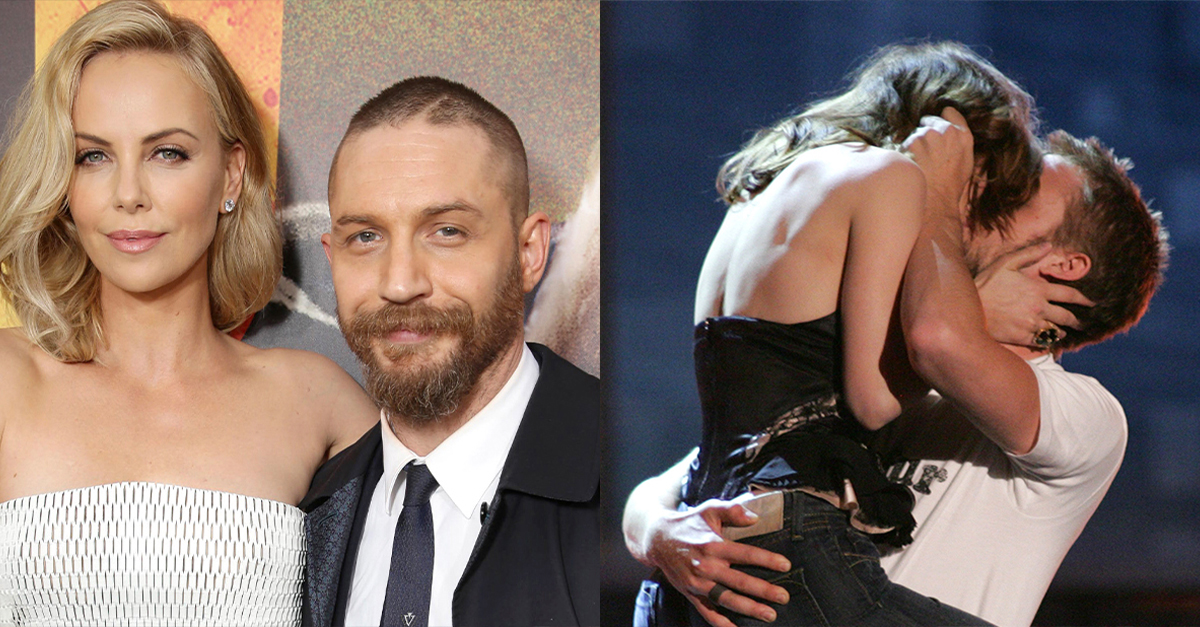The Heartbreak Behind Rock’s Most Powerful Songs
Behind the fame, the riffs, and the stage lights, rock musicians have always carried real stories of heartbreak and loss. These songs came from genuine tragedy. From private grief to public catastrophe, here are the moments when sorrow turned into classic rock history.
“Tears in Heaven” (Eric Clapton)
Maybe the most famous song born from tragedy in rock history: After the death of his four-year-old son Conor in 1991, Eric Clapton wrote Tears in Heaven while grieving privately. He described it as his way to survive the pain. Released on the Rush soundtrack, it won three Grammys but was later dropped from his live shows because, as Clapton said, “It’s too sad.”
 Screenshot from Tears in Heaven, Warner Records (1992)
Screenshot from Tears in Heaven, Warner Records (1992)
“All My Love” (Led Zeppelin)
Robert Plant wrote All My Love after his five-year-old son Karac died suddenly of a stomach virus in 1977. Plant said he was “devastated” but poured his emotions into the song. It’s one of the few Zeppelin tracks that expresses tenderness instead of swagger—and one of their most personal.
 Screenshot from All My Love, Atlantic Records (1979)
Screenshot from All My Love, Atlantic Records (1979)
“Wish You Were Here” (Pink Floyd)
Roger Waters and David Gilmour wrote Wish You Were Here for Syd Barrett, their founding guitarist whose mental health deteriorated after leaving the band. When Barrett appeared unexpectedly at Abbey Road during recording—overweight and shaved bald—the band members reportedly wept. It was the last time they saw him.
 Screenshot from Wish You Were Here, Harvest Records (1975)
Screenshot from Wish You Were Here, Harvest Records (1975)
“The Show Must Go On” (Queen)
Brian May wrote The Show Must Go On as Freddie Mercury’s health was failing from AIDS. Despite his condition, Mercury insisted on recording it. May recalled asking if he could sing it, and Freddie replied, “I’ll do it, darling,” before delivering the take that became his defiant farewell.
 Screenshot from The Show Must Go On, Hollywood Records (1991)
Screenshot from The Show Must Go On, Hollywood Records (1991)
“Fire and Rain” (James Taylor)
Taylor wrote Fire and Rain in 1969 after learning of a close friend’s death while in recovery for depression. It also reflects his battles with addiction and the isolation of fame. The line “I’ve seen fire and I’ve seen rain” became shorthand for enduring hardship without losing hope.
 Screenshot from Fire and Rain, Warner Records (1970)
Screenshot from Fire and Rain, Warner Records (1970)
“Mother” (John Lennon)
Lennon’s Mother came out of primal-scream therapy sessions where he confronted losing his mom in a car accident and being abandoned by his father. He said he finally faced “the real pain” of his childhood. The result is one of the most emotionally raw vocals in rock history.
 Screenshot from Mother, Apple (1970)
Screenshot from Mother, Apple (1970)
“Hurricane” (Bob Dylan)
Written in 1975 after Dylan met boxer Rubin “Hurricane” Carter, the song recounts Carter’s wrongful conviction for murder. Dylan used courtroom records and newspaper details for accuracy. When he performed it live, he often said, “This is a true story.” Carter was later exonerated after years in prison.
 Screenshot from Mother, Columbia Records (1970)
Screenshot from Mother, Columbia Records (1970)
“The Needle and the Damage Done” (Neil Young)
Neil Young wrote this song after watching several musician friends die from addiction, including Crazy Horse guitarist Danny Whitten. Young said he recorded it as “a warning, not a lecture.” The brief acoustic track—just two minutes long—captures the emptiness left by that kind of loss.
 Screenshot from The Needle and the Damage Done, Reprise Records (1972)
Screenshot from The Needle and the Damage Done, Reprise Records (1972)
“Empty Garden (Hey Hey Johnny)” (Elton John)
Elton John wrote Empty Garden two years after John Lennon’s murder. The lyrics reference the “seeds” Lennon planted through music that still grew in his absence. Elton performed it at Madison Square Garden in 1982 and said it was the hardest song he ever had to sing.
 Screenshot from Empty Garden (Hey Hey Johnny), Geffen Records (1982)
Screenshot from Empty Garden (Hey Hey Johnny), Geffen Records (1982)
“Let It Be” (The Beatles)
Paul McCartney said he dreamed of his late mother telling him, “It will be all right, let it be.” The message comforted him during the band’s tense final years. Released in 1970, Let It Be became both a spiritual and deeply personal song about finding calm in loss.
 Screenshot from Let It Be, Universal Music Group (1970)
Screenshot from Let It Be, Universal Music Group (1970)
“American Pie” (Don McLean)
McLean wrote American Pie in mourning for “the day the music died”—the 1959 plane crash that killed Buddy Holly, Ritchie Valens, and The Big Bopper. He said the song captured “an indescribable sadness.” It became one of the most recognized tributes in music history.
 Screenshot from American Pie, United Artists Records (1971)
Screenshot from American Pie, United Artists Records (1971)
“Gone Too Soon” (Michael Jackson)
Michael Jackson recorded Gone Too Soon in 1991 in honor of Ryan White, a teenager who died after battling illness and stigma. Jackson performed it at White’s funeral and again at President Clinton’s inaugural gala, calling it “a song for every child lost too early.”
 Screenshot from Gone Too Soon, Epic Records (1993)
Screenshot from Gone Too Soon, Epic Records (1993)
“The Wreck of the Edmund Fitzgerald” (Gordon Lightfoot)
Lightfoot read a news story about the 1975 shipwreck that killed 29 sailors on Lake Superior and wrote The Wreck of the Edmund Fitzgerald almost line by line from reports. He later said he considered it “a responsibility” to honor the men who died that night.
 Screenshot from The Wreck of the Edmund Fitzgerald, Reprise Records (1976)
Screenshot from The Wreck of the Edmund Fitzgerald, Reprise Records (1976)
“A Day in the Life” (The Beatles)
John Lennon read a newspaper article about the fatal car accident of London socialite Tara Browne and used it as inspiration for A Day in the Life. The contrast between everyday headlines and sudden loss gives the song its haunting realism.
 Screenshot from A Day in the Life, Parlophone (1967)
Screenshot from A Day in the Life, Parlophone (1967)
“Seasons in the Sun” (Terry Jacks)
Adapted from Jacques Brel’s Le Moribond, Terry Jacks’ version was dedicated to a friend who was dying. Jacks rewrote the lyrics to make them less cynical and more about acceptance. It topped charts worldwide in 1974, turning farewell into melody.
 Screenshot from Seasons in the Sun, Bell Records (1974)
Screenshot from Seasons in the Sun, Bell Records (1974)
“Goodbye Blue Sky” (Pink Floyd)
Roger Waters said Goodbye Blue Sky was based on his memories of postwar Britain and his fear of air raids as a child. The song’s contrast between beauty and horror mirrors how innocence disappears during conflict—a small, real-world trauma turned into universal reflection.
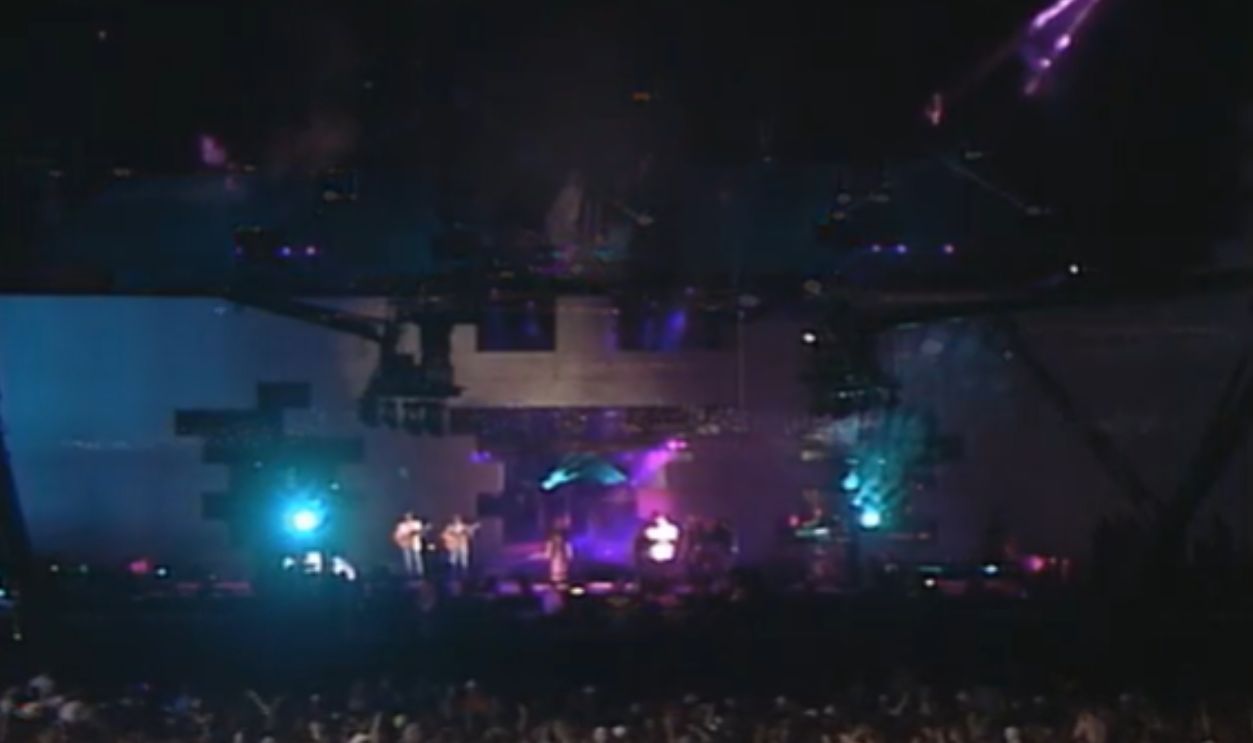 Screenshot from Goodbye Blue Sky, Pink Floyd Music Ltd. (1979)
Screenshot from Goodbye Blue Sky, Pink Floyd Music Ltd. (1979)
“I Don’t Like Mondays” (The Boomtown Rats)
Bob Geldof wrote this song after reading a wire report about a tragic event as a school in San Diego. When police asked the shooter why she did it, she reportedly said, “I don’t like Mondays.” Geldof said he wrote the lyrics in minutes and still found the story haunting.
 Screenshot from I Don't Like Mondays, Columbia Records (1979)
Screenshot from I Don't Like Mondays, Columbia Records (1979)
“Ohio” (Crosby, Stills, Nash & Young)
Neil Young saw the Life magazine photos of the 1970 Kent State shootings and wrote Ohio that same day. The group recorded and released it within weeks as an urgent protest song capturing the grief and outrage of a generation.
 Screenshot from Ohio, Atlantic Records (1970)
Screenshot from Ohio, Atlantic Records (1970)
“Leader of the Band” (Dan Fogelberg)
Fogelberg wrote Leader of the Band as a thank-you to his father, Lawrence, who was seriously ill. The line “His blood runs through my instrument” is literal—his father was a musician too. After its release, the elder Fogelberg said hearing it was “the greatest gift.”
 Screenshot from Leader of the Band, Full Moon Records (1981)
Screenshot from Leader of the Band, Full Moon Records (1981)
“Hurt” (Nine Inch Nails / Johnny Cash)
Johnny Cash’s 2002 version of Hurt redefined the song. Filmed at his home just months before his death, Cash’s performance turned Trent Reznor’s lyrics about pain and regret into a reflection on mortality. Reznor said, “It felt like someone had written my obituary.”
 Screenshot from Hurt, American Recordings (2002)
Screenshot from Hurt, American Recordings (2002)
“Jeremy” (Pearl Jam)
Inspired by a 1991 Texas newspaper story, Eddie Vedder wrote Jeremy to give context to a teenager’s tragic death. “I thought if it could happen once, it could happen again,” Vedder said. The video won four MTV awards but was later pulled for its disturbing realism.
 Screenshot from Jeremy, Epic Records (1991)
Screenshot from Jeremy, Epic Records (1991)
“I Believe” (Robert Plant)
Sixteen years after losing his son Karac, Plant revisited his grief in I Believe. Released in 1993, it’s softer and more spiritual than All My Love. He told Rolling Stone, “It took me years to find a way to sing about him again.”
 Screenshot from I Believe, Es Paranza Records (1993)
Screenshot from I Believe, Es Paranza Records (1993)
“Simple Man” (Lynyrd Skynyrd)
Ronnie Van Zant and Gary Rossington wrote Simple Man soon after Van Zant’s grandmother passed away. Her advice to “be a simple kind of man” became the song’s central message. It’s both a family tribute and one of Skynyrd’s most enduring anthems.
 Screenshot from Simple Man, MCA Records (1973)
Screenshot from Simple Man, MCA Records (1973)
“Who Killed Davey Moore?” (Bob Dylan)
Dylan wrote Who Killed Davey Moore? after the boxer’s 1963 death during a televised match. Each verse gives a different perspective—crowd, referee, manager—none accepting blame. Dylan said it wasn’t about boxing; it was about “how everyone washes their hands of guilt.”
 Screenshot from Who Killed Davey Moore?, Columbia Records (1964)
Screenshot from Who Killed Davey Moore?, Columbia Records (1964)
“The Ballad of Hollis Brown” (Bob Dylan)
Based on real stories from the Great Depression, The Ballad of Hollis Brown tells of a South Dakota farmer driven to desperation. Dylan said he wrote it after reading about rural poverty, describing it as “America’s dark shadow—things no one wanted to talk about.”
 Screenshot from The Ballad of Hollis Brown, Columbia Records (1964)
Screenshot from The Ballad of Hollis Brown, Columbia Records (1964)
“Keep Me in Your Heart” (Warren Zevon)
Knowing he was terminally ill, Zevon recorded Keep Me in Your Heart at home when he could barely sing. He told Rolling Stone, “It’s not a sad song—it’s a good song.” It became his final recording and a farewell to those closest to him.
 Screenshot from Keep Me in Your Heart, Artemis Records (2003)
Screenshot from Keep Me in Your Heart, Artemis Records (2003)
You Might Also Like:
Songs That Completely Defined Political Movements

